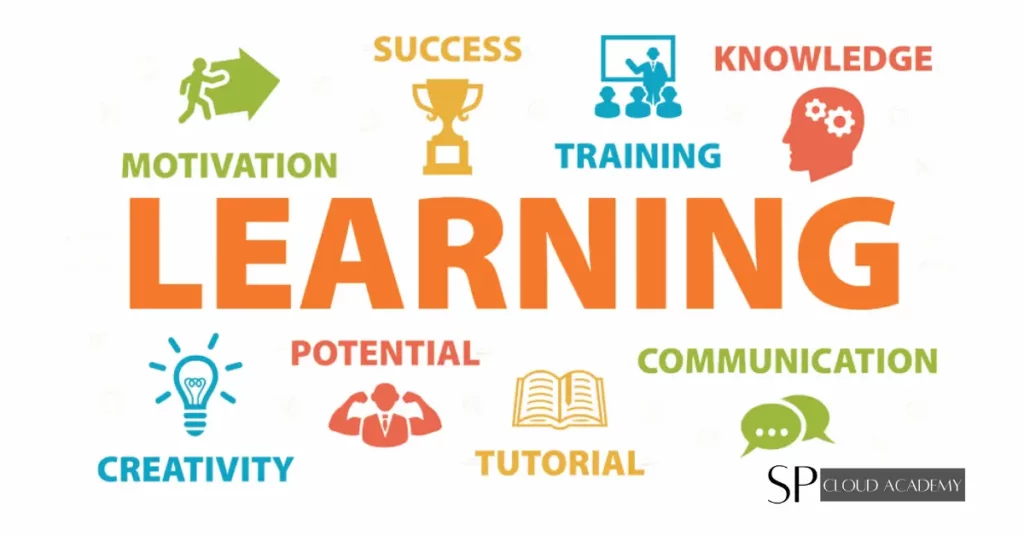Mentorship is a dynamic and mutually beneficial relationship between an experienced individual (the mentor) and a less experienced individual (the mentee). This relationship is typically established to facilitate the mentee’s personal or professional growth, skill development, and overall success. Mentorship can occur in various contexts, including the workplace, academia, sports, arts, and many other fields.

Key aspects of mentorship include:
- Guidance and Support: Mentors provide guidance, advice, and emotional support to mentees. They share their knowledge, experiences, and insights to help mentees navigate challenges and make informed decisions.
- Skill Development: Mentors assist mentees in developing specific skills or competencies relevant to their goals. This could include technical skills, leadership abilities, or soft skills such as communication and time management.
- Networking: Mentors often introduce mentees to their professional networks, helping them establish valuable connections in their field of interest.
- Goal Setting: Mentors help mentees set clear and achievable goals. They may assist in creating action plans and monitoring progress toward these goals.
- Feedback: Mentors provide constructive feedback and help mentees identify areas for improvement. This feedback is essential for growth and development.
- Inspiration and Motivation: Mentors can inspire and motivate mentees by sharing their own success stories and demonstrating what can be achieved through hard work and perseverance.
- Confidence Building: Having a mentor can boost a mentee’s confidence and self-esteem, knowing that they have someone experienced to turn to for guidance.
- Role Modeling: Mentors often serve as role models for their mentees, exemplifying professionalism, ethics, and values in their respective fields.
- Mutual Learning: Mentorship is not a one-way street; mentors can also benefit from the relationship by gaining fresh perspectives, learning from mentees, and staying connected to emerging trends and ideas.
- Long-term Relationship: Mentorship relationships can be short-term or long-term, depending on the goals and needs of both the mentor and mentee.
Effective mentorship requires open communication, trust, and a commitment to the mentee’s growth. It can be a powerful tool for personal and professional development, helping individuals reach their full potential and achieve their aspirations.
Importance of mentorship for career planning and development
Mentorship is a vital component of career planning and development, offering a range of benefits that can profoundly impact an individual’s professional journey. Firstly, mentors provide invaluable guidance and insights based on their own experiences, helping mentees make informed decisions about their career paths. They assist in setting and achieving realistic goals, fostering accountability and progress.
Mentorship is also a conduit for skill development, as mentors share their expertise and offer opportunities for hands-on learning. This accelerates the acquisition of relevant competencies and can be especially beneficial in competitive industries.
Furthermore, mentors often facilitate networking, introducing mentees to valuable contacts and opening doors to opportunities that might otherwise remain inaccessible. These connections can lead to job offers, collaborations, and valuable industry insights.
In addition to tangible benefits, mentorship provides emotional support and boosts mentees’ confidence and self-esteem. Knowing that an experienced professional believes in their potential can inspire mentees to aim higher and persevere through challenges.
Long-term mentorship relationships can extend throughout one’s career, offering ongoing guidance, career advice, and opportunities for personal and professional growth. Ultimately, mentorship is a powerful tool for career planning and development, enhancing skills, knowledge, and confidence while fostering valuable connections and ensuring a fulfilling and successful career journey.
Choosing right mentors
Choosing the right mentors is a crucial step in maximizing the benefits of mentorship. Here are some guidelines to help you select the right mentors:
- Identify Your Goals: Clearly define your career or personal development goals. Knowing what you want to achieve will help you find mentors with relevant expertise and experience.
- Seek Diversity: Consider mentors from various backgrounds, industries, and perspectives. Diversity can provide a broader range of insights and opportunities.
- Alignment of Values and Goals: Ensure that your potential mentor’s values align with your own. Shared values make for a more productive and harmonious mentoring relationship.
- Expertise and Experience: Look for mentors who have the skills, knowledge, and experience you need to advance in your chosen field or achieve your goals.
- Accessibility: Assess whether a potential mentor is accessible and available for regular interactions. A mentor who is too busy may not provide the support you need.
- Compatibility: Choose mentors with whom you feel comfortable and can communicate openly. A strong mentor-mentee relationship requires trust and rapport.
- Track Record: Investigate a potential mentor’s track record of helping others succeed. Seek recommendations or references if possible.
- Mutual Respect: The mentor-mentee relationship should be based on mutual respect and admiration. Your mentor should genuinely care about your growth and development.
- Commitment: Ensure that your chosen mentor is committed to the mentoring relationship and has the time and willingness to invest in your development.
- Long-Term Potential: Consider whether the mentorship relationship has the potential to be long-term and evolve as your needs change.
- Compatibility with Learning Style: Assess whether the mentor’s teaching and communication style align with your preferred learning style.
- Personal Connection: Sometimes, a personal connection or shared interests can strengthen the mentorship bond and make the relationship more enjoyable.
Remember that you can have multiple mentors for different aspects of your life and career. It’s not necessary to rely on a single mentor for all your needs. Be proactive in seeking out mentors, and don’t be afraid to approach potential mentors who inspire you or possess the qualities and experience you seek. Building a network of mentors can be a valuable asset in your personal and professional growth.
See also
-

From Clicks to Connections: Smart Ways to Combine Online and Offline Job Hunting
-

Number Prefix and Suffix Explained: The Secret to Better Writing and Communication
-

How to Turn Your Passion for Graphics into a Freelance Career
-

Technical Post vs. General Post in Job Sectors: A Detailed Explanation with Examples, Responsibilities, and FAQs
-

The Future of IT Support and Administration Careers: Trends You Can’t Ignore
-

The Power of Professional Communities: Why Joining One Can Transform Your Life
